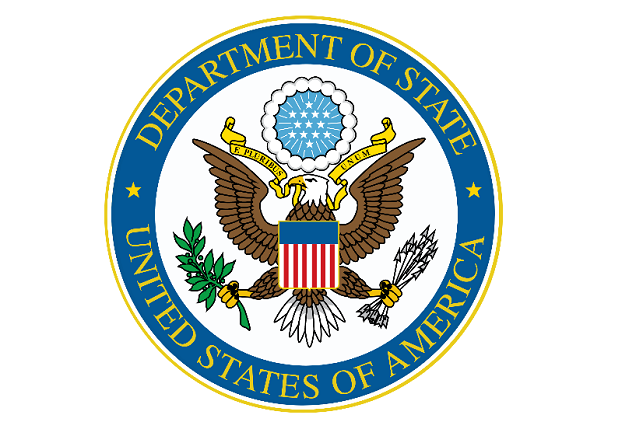 English
English

The US has congratulated three Indian companies NASA selected to make a these specifically designed to treat COVID-19 patients.

Washington D.C: The US has congratulated three Indian companies NASA selected to make a ventilator specifically designed to treat COVID-19 patients.
Also Read: Critically ill patients with COVID-19 survive with this treatment
"Congrats to the 3 Indian companies @NASA selected to make a ventilator specifically designed to treat COVID19 patients. Only 21 licenses were granted worldwide -- a testament to the grantees & the importance of the US-India partnership to combat COVID19," said the Bureau of South and Central Asian Affairs in a tweet.
Congrats to the 3 Indian companies @NASA selected to make a ventilator specifically designed to treat COVID19 patients. Only 21 licenses were granted worldwide -- a testament to the grantees & the importance of the US-India partnership to combat COVID19. https://t.co/EXnGMKGWFL https://t.co/cw1Ys8T5h2
— State_SCA (@State_SCA) June 2, 2020
It made the comments re-tweeting a May 30 tweet by NASA Jet Propulsion Laboratory, which said: "Manufacturers were selected to make our #COVID19-specific ventilator, VITAL. It's simpler and more affordable than traditional ventilators, freeing the latter for more severe symptoms. Its design can be used in field hospitals."
Also Read: These things cut COVID-19 risk, says largest review of evidence
According to a release from NASA on May 29 -- VITAL (Ventilator Intervention Technology Accessible Locally), the high-pressure ventilator was designed to use one-seventh the parts of a traditional ventilator, relying on parts already available in supply chains.
"It offers a simpler, more affordable option for treating critical patients while freeing up traditional ventilators for those with the most severe COVID-19 symptoms. Its flexible design means it also can be modified for use in field hospitals" the release said. (ANI)